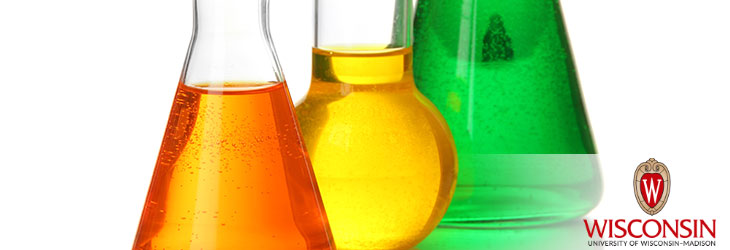
The Wisconsin Alumni Research Foundation is seeking commercial partners interested in a heterogeneous catalysis process to convert sugar to difructose anhydride.
Difructose anhydride (DFA), which can serve as a low-calorie sweetener, has demonstrated health benefits, including prebiotic effects, antioxidant properties and immunoregulatory effects. While DFA can be enzymatically converted from fructose, this production method is expensive due to the continuous addition of enzymes and the specific conditions required to maintain enzyme activity.
UW-Madison researchers and collaborators have developed a groundbreaking approach to producing DFA using a heterogeneous catalyst and solvent at moderate temperatures and without water. This catalytic production method uses sugars as a starting material and offers a more cost-effective and sustainable approach to producing DFA on a larger scale.
- Large-scale production of DFA, which could serve as a nutraceutical to reduce risk of colon cancer, anemia, osteoporosis and more
- More cost-effective and sustainable method for large-scale production of DFA
- DFA has half the sweetness of table sugar, is low calorie and has physiological benefits